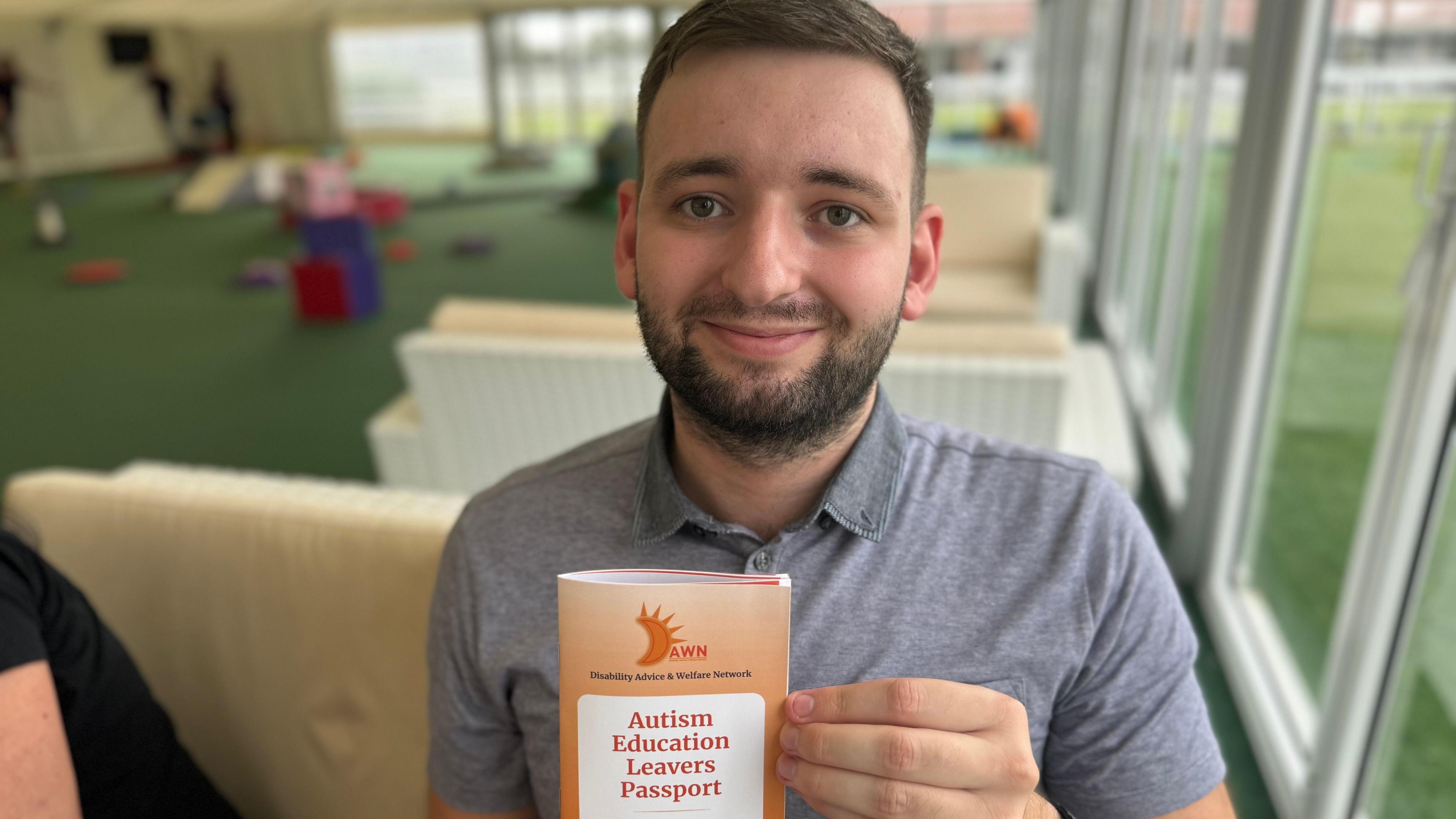Former 'worst kid' embarks on employment mission
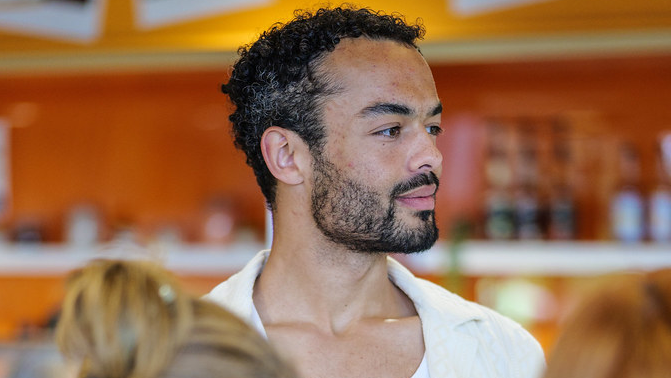
Matthew Punter taught himself how to read and write after he struggled to access mainstream education
- Published
A neurodivergent man who says he was once dubbed "the worst kid" by his local education authority has been awarded funding to help other neurodiverse people find work.
Matthew Punter, 26, from Bath, was expelled from more than 10 schools because of his behaviour.
He is now doing a PhD at the University of Bath, and has been given £8,000 to set up EDEN - Employment Devices for Enhancing Neurodiversity.
"There's a huge gap in the market for neurodiversity support," he said.
Mr Punter, who grew up in Leicestershire from the age of seven, has autism spectrum disorder (ASD), attention deficit hyperactivity disorder (ADHD), and pathological demand avoidance.
"When I was kicked out of school, the local authority tried other schools within 30 miles for me, and in my case I was summarised as "the worst kid", he said.
"When I was in primary school, I was put at the back of the classroom, and my desk was turned to face the wall.
"Then, when Ofsted came to inspect the school I was sent home for the day," he added.
Eventually, the local educational authority withdrew its support, and he was left unable to read or write until the age of 17.
"I just struggled. I didn't feel like I fitted in, which is something a lot of neurodivergent people express," he said.
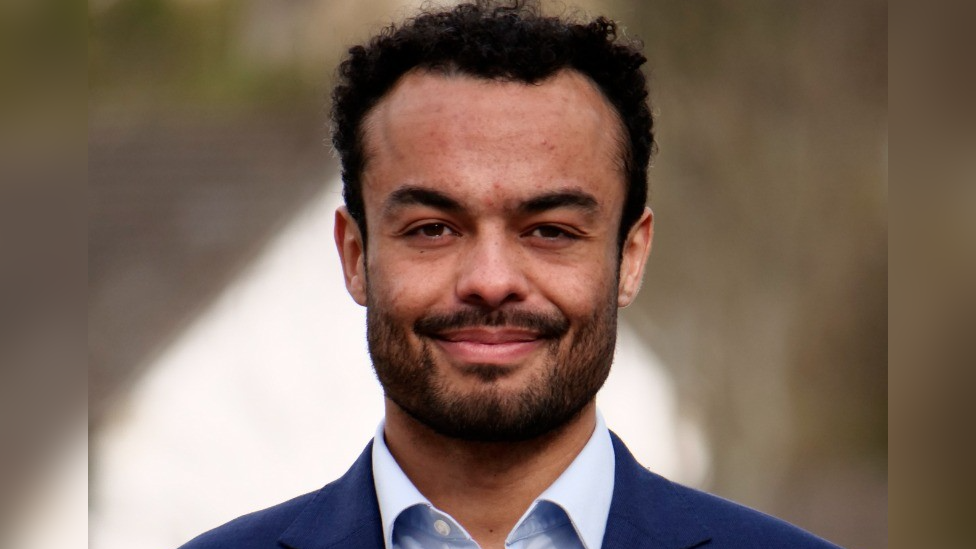
Mr Punter says he is now passionate about helping neurodiverse people get into work
When he realised adulthood was approaching, Mr Punter said he spent five days a week going through learning via phonetics, and within 12 months went from a reading age of a seven-year-old to an adult.
After teaching himself enough to pass his GCSEs and A-Levels, he was accepted on an undergraduate degree at the University of Bath, where he is now a PhD student.
Mr Punter said he was inspired to set up EDEN after speaking to his partner who is also neurodiverse and was having problems at work.
"It seemed like there was a huge gap in the market for neurodiversity support and the same problems in education repeat themselves in employment," he said.
The funding will allow EDEN, based in Bath, to expand and support more help more neurodivergent people find ways to employment.
Follow BBC Somerset on Facebook, external and X, external. Send your story ideas to us on email or via WhatsApp on 0800 313 4630.
Get in touch
Tell us which stories we should cover in Somerset
Related topics
- Published29 February 2024
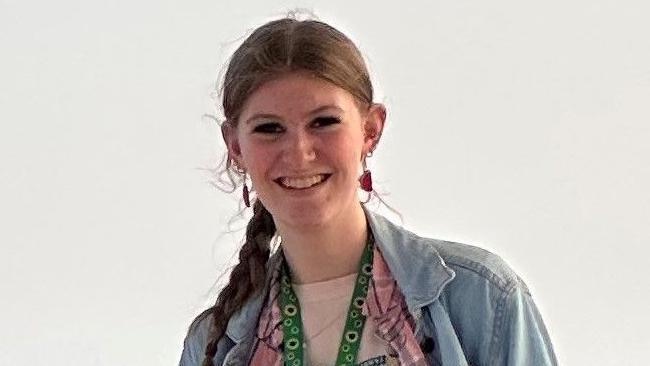
- Published28 February 2024
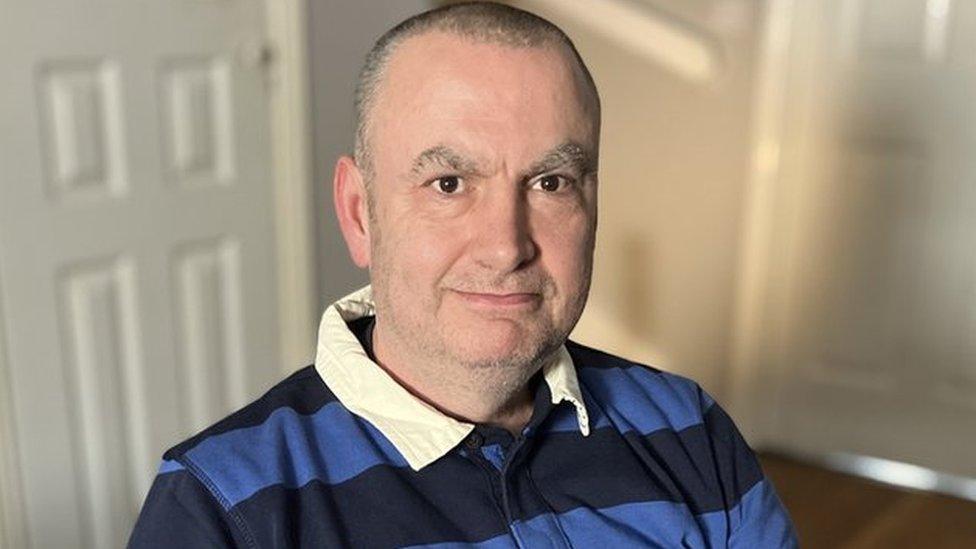
- Published7 August 2024
